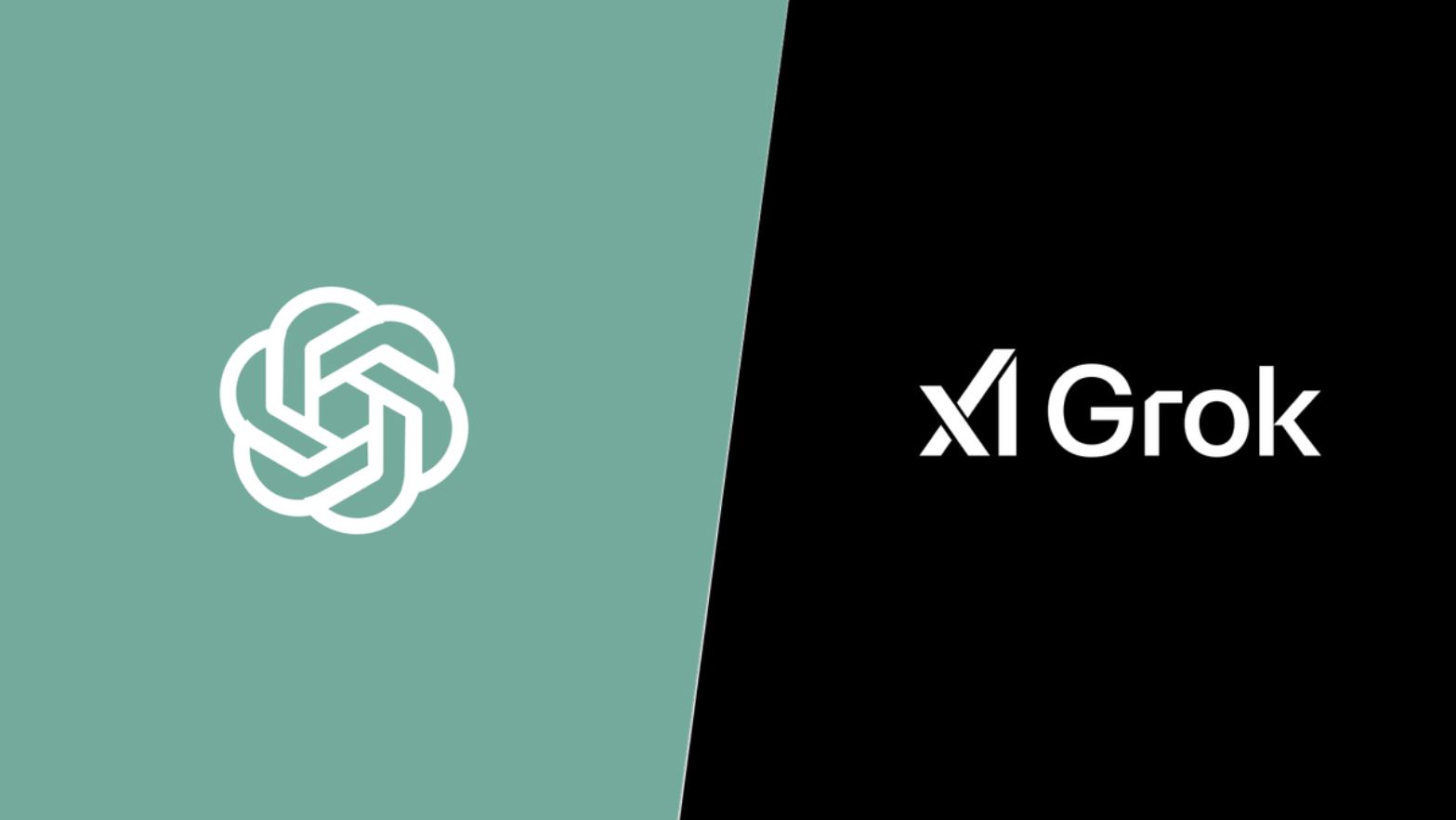 If you’ve ever tried to keep up with the rapid pace of AI innovation, you know the landscape never stops changing. A recent Andressen Horowitz report takes a close look at how AI chatbots are vying for the top spot, with Google’s Gemini and xAI’s Grok steadily narrowing the gap to OpenAI’s ChatGPT.
If you’ve ever tried to keep up with the rapid pace of AI innovation, you know the landscape never stops changing. A recent Andressen Horowitz report takes a close look at how AI chatbots are vying for the top spot, with Google’s Gemini and xAI’s Grok steadily narrowing the gap to OpenAI’s ChatGPT.
This fifth report in the series covers over two and a half years of evolving consumer use, and reveals that 14 companies – including ChatGPT, Perplexity, and Midjourney – consistently rank among the leading AI products. Whether it’s general assistance or voice generation, each solution brings something different to the table.
Google is making notable strides with a suite of products that now include Gemini, AI Studio, NotebookLM, and Google Labs. Each has its own domain to track growth, and data from Similarweb and Sensor Tower shows that Gemini is particularly popular on Android, where nearly 90% of its users are based. Although it hasn’t yet matched ChatGPT’s overall monthly active users, Gemini’s web visits account for about 12% of those going to ChatGPT, placing it firmly in second place.
Developers have taken a shine to AI Studio, which recently landed in the top 10 as a friendly platform for Gemini’s models. NotebookLM and Google Labs have also secured spots in the top 40. Meanwhile, Grok is on a roll – after the release of Grok 4 in July 2025, the chatbot quickly grew to over 20 million monthly users, landing it in fourth place on the web.
Not to be left out, Meta AI is still in the mix, even if privacy concerns have pushed it down to 46th across the web. Chinese tech companies like Quark and Doubao are also making strong moves, driven by high domestic traffic, while other brands like DeepSeek and Hailuo are expanding their global reach. New entrants such as Lovable and Replit, along with near-miss contenders like PixAI and Talkie, further underline a vibrant scene where innovation thrives under evolving app store guidelines.
This detailed look at the dynamic AI market reminds us that innovation is a team sport; both well-established giants and emerging start-ups are continuously rethinking the rules of engagement.








